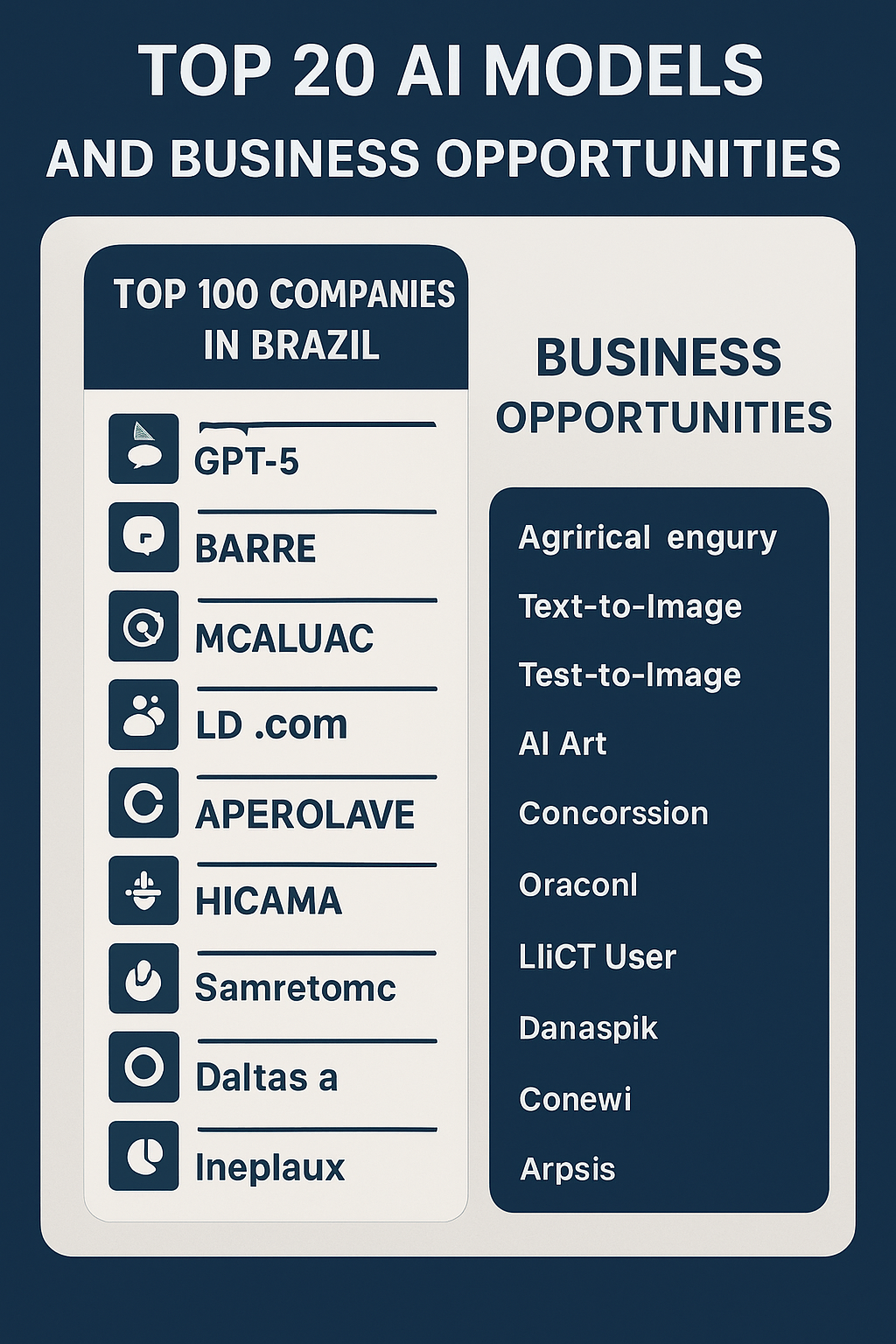Introduction
Environmental degradation and climate change are pressing issues that require immediate attention and action. While modern science and technology offer solutions, the principles and guidance provided by religious texts such as the Quran can also play a crucial role in fostering a sustainable and harmonious relationship with the environment. The Quran, the holy book of Islam, contains numerous references and teachings that emphasize the importance of environmental stewardship. This article explores the Quran’s approach to ecological principles, highlighting the responsibilities of humans as stewards of the Earth and offering practical insights into sustainable living based on Islamic teachings.
The Concept of Stewardship (Khilafah)
Quranic Perspective
The Quran establishes the concept of humans as stewards (Khalifah) of the Earth, entrusted with the responsibility to protect and preserve it.
- Surah Al-Baqarah (2:30):
- “And [mention, O Muhammad], when your Lord said to the angels, ‘Indeed, I will make upon the earth a successive authority (Khalifah).’ They said, ‘Will You place upon it one who causes corruption therein and sheds blood, while we declare Your praise and sanctify You?’ Allah said, ‘Indeed, I know that which you do not know.'”
- This verse highlights the role of humans as representatives of Allah on Earth, responsible for maintaining its well-being.
- Surah Al-An’am (6:165):
- “And it is He who has made you successors upon the earth and has raised some of you above others in degrees [of rank] that He may try you through what He has given you. Indeed, your Lord is swift in penalty; but indeed, He is Forgiving and Merciful.”
- The concept of stewardship involves accountability and the ethical use of resources.
Practical Implications
Being stewards of the Earth implies a duty to engage in sustainable practices and protect the environment from harm.
- Resource Conservation: Islam encourages the prudent use of resources, avoiding wastefulness as emphasized in the Quran.
- “Indeed, the wasteful are brothers of the devils, and ever has Satan been to his Lord ungrateful.” (Surah Al-Isra 17:27)
The Principle of Balance (Mizan)
Quranic Perspective
The Quran emphasizes the concept of balance (Mizan) in creation, urging humans to maintain this balance in their interactions with the environment.
- Surah Ar-Rahman (55:7-9):
- “And the heaven He raised and imposed the balance that you not transgress within the balance. And establish weight in justice and do not make deficient the balance.”
- This verse highlights the importance of maintaining equilibrium in nature, avoiding actions that disrupt this balance.
- Surah Al-Hijr (15:19):
- “And the earth – We have spread it and cast therein firmly set mountains and caused to grow therein [something] of every well-balanced thing.”
- The natural world is created with an inherent balance that humans are instructed to respect and preserve.
Practical Implications
Maintaining environmental balance involves sustainable living practices, such as reducing pollution, conserving biodiversity, and managing natural resources responsibly.
- Pollution Control: Islam teaches against actions that lead to environmental harm, including pollution.
- “And do not commit abuse on the earth, spreading corruption.” (Surah Al-Baqarah 2:60)
Respect for All Creatures
Quranic Perspective
The Quran acknowledges the value of all living beings and the interconnectedness of life.
- Surah Al-An’am (6:38):
- “And there is no creature on [or within] the earth or bird that flies with its wings except [that they are] communities like you. We have not neglected in the Register a thing. Then unto their Lord they will be gathered.”
- This verse emphasizes the respect and consideration due to all creatures, recognizing their intrinsic value.
- Surah An-Nur (24:41):
- “Do you not see that Allah is exalted by whomever is within the heavens and the earth and [by] the birds with wings spread [in flight]? Each [of them] has known his [means of] prayer and exalting [Him], and Allah is Knowing of what they do.”
- Acknowledges the worship and significance of every creature, underscoring their importance in the ecosystem.
Practical Implications
Respecting all creatures involves ethical treatment of animals, protecting wildlife habitats, and promoting biodiversity.
- Ethical Treatment of Animals: Islam promotes kindness and compassion towards animals.
- “Whoever is kind to the creatures of God is kind to himself.” (Prophet Muhammad, Hadith)
Water Conservation
Quranic Perspective
Water is a precious resource, and its conservation is emphasized in the Quran.
- Surah Al-Anbiya (21:30):
- “Have those who disbelieved not considered that the heavens and the earth were a joined entity, and We separated them and made from water every living thing? Then will they not believe?”
- Highlights the vital role of water in sustaining life.
- Surah Al-Mulk (67:30):
- “Say, ‘Have you considered: if your water was to become sunken [into the earth], then who could bring you flowing water?'”
- Stresses the importance of water and the need to protect it.
Practical Implications
Water conservation involves using water efficiently, preventing pollution, and ensuring access to clean water for all.
- Efficient Use of Water: Islam encourages the mindful use of water, even during ablution.
- “Do not waste water, even if performing ablution on the banks of a flowing river.” (Prophet Muhammad, Hadith)
Sustainable Agriculture
Quranic Perspective
The Quran advocates for sustainable agricultural practices that ensure food security and environmental protection.
- Surah Al-An’am (6:141):
- “And He it is who produces gardens trellised and untrellised, and the date-palm, and crops of different shape and taste (its fruits and its seeds) and olives, and pomegranates, similar (in kind) and different (in taste). Eat of their fruit when they ripen, but pay the due thereof (its Zakat) on the day of its harvest, and waste not by extravagance. Verily, He likes not Al-Musrifun (those who waste by extravagance).”
- Encourages responsible farming and the avoidance of waste.
- Surah Al-Baqarah (2:205):
- “And when he goes away, he strives throughout the land to cause corruption therein and destroy crops and animals. And Allah does not like corruption.”
- Condemns actions that harm agriculture and the environment.
Practical Implications
Sustainable agriculture involves practices such as crop rotation, organic farming, and reducing chemical use.
- Organic Farming: Promotes the use of natural methods to enhance soil fertility and pest control.
- “The Prophet Muhammad prohibited the use of harmful substances in farming.” (Hadith)
Renewable Energy and Waste Management
Quranic Perspective
The Quran advocates for the responsible use of resources and minimizing waste.
- Surah Al-Isra (17:27):
- “Indeed, the wasteful are brothers of the devils, and ever has Satan been to his Lord ungrateful.”
- Warns against wastefulness and encourages efficiency.
- Surah Ar-Rum (30:41):
- “Corruption has appeared throughout the land and sea by [reason of] what the hands of people have earned so He may let them taste part of [the consequence of] what they have done that perhaps they will return [to righteousness].”
- Highlights the environmental consequences of human actions and the need for corrective measures.
Practical Implications
Renewable energy and waste management involve using sustainable energy sources, recycling, and reducing pollution.
- Renewable Energy: Islam encourages the use of sustainable energy sources to protect the environment.
- “The Prophet Muhammad promoted the conservation of resources and the use of renewable resources.” (Hadith)
Climate Change and Environmental Justice
Quranic Perspective
The Quran calls for justice and fairness in all aspects of life, including environmental issues.
- Surah Al-A’raf (7:31):
- “O children of Adam, take your adornment at every masjid, and eat and drink, but be not excessive. Indeed, He likes not those who commit excess.”
- Encourages moderation in consumption and lifestyle.
- Surah Al-Baqarah (2:205):
- “And when he goes away, he strives throughout the land to cause corruption therein and destroy crops and animals. And Allah does not like corruption.”
- Condemns actions that lead to environmental degradation.
Practical Implications
Addressing climate change and promoting environmental justice involve reducing carbon footprints, advocating for policies that protect vulnerable communities, and ensuring equitable access to resources.
- Environmental Justice: Islam promotes fairness and justice in environmental policies and practices.
- “The Prophet Muhammad emphasized the importance of justice and fairness in all dealings, including with the environment.” (Hadith)
Conclusion
The Quran provides a comprehensive framework for environmental stewardship, emphasizing the ethical and responsible use of resources. By embracing these principles, Muslims can contribute to a more sustainable and harmonious world. The teachings of the Quran, combined with modern environmental practices, offer a powerful guide for protecting and preserving our planet for future generations.









